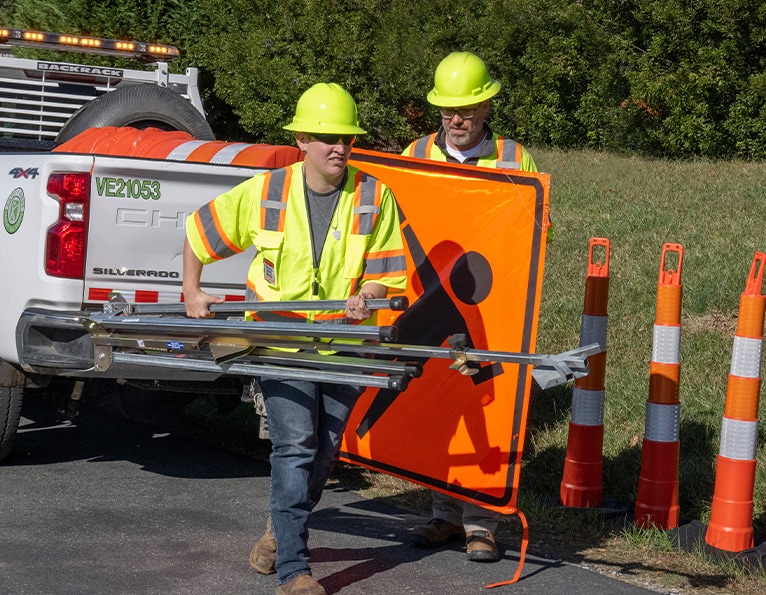
An introduction to temporary traffic control in work zones for individuals who work in the field installing and removing traffic control devices. The course provides concepts, techniques and practice exercises in the installation and maintenance of traffic control devices.

Designed to train those who will be actively involved in designing or setting up and maintaining temporary traffic control in a work zone. It moves from the concepts and techniques taught in the TCT course to the implementation of traffic control plans and techniques for installation and removal.
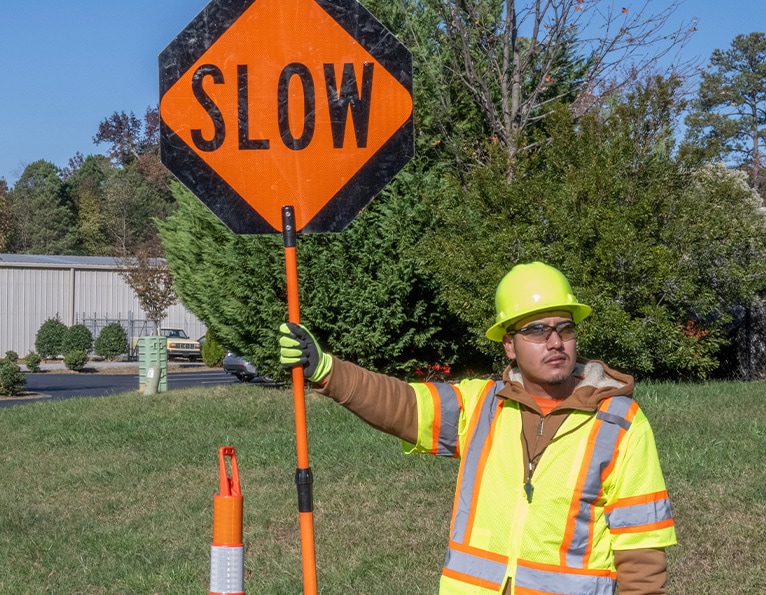
The flagger’s role is to protect project personnel and provide safe, courteous and authoritative directions to traffic seeking passage through the work zone. This course will teach students standard flagger control references, proper flagging signals procedures and standard flagger practices for various situations. ATSSA flagger training is available online or in-person.

The course addresses performance, design and installation considerations of guardrail components and provides information on common errors and the inspection of finished work.

Provides an overview of high friction surface treatment (HFST), with an emphasis on inspection of installations.
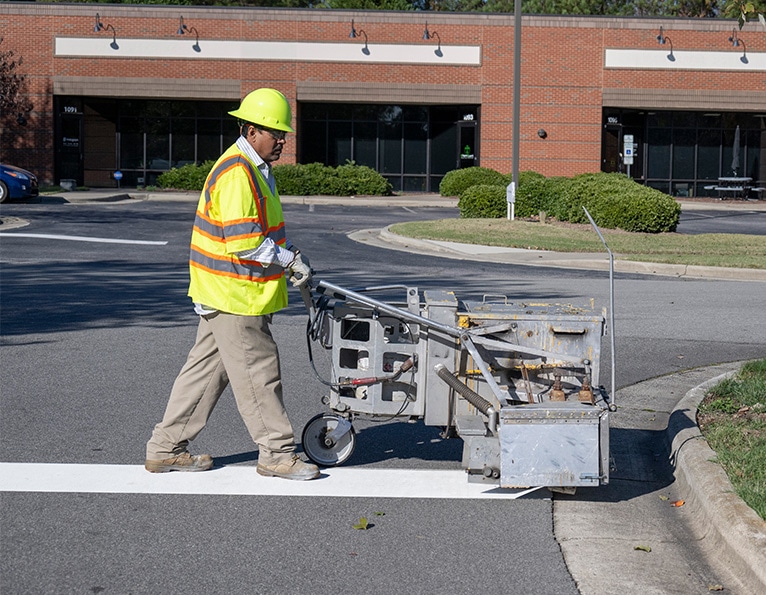
This course is designed to increase the knowledge and skills of agency and contractor personnel who are responsible for the selection, installation, and inspection of pavement markings.
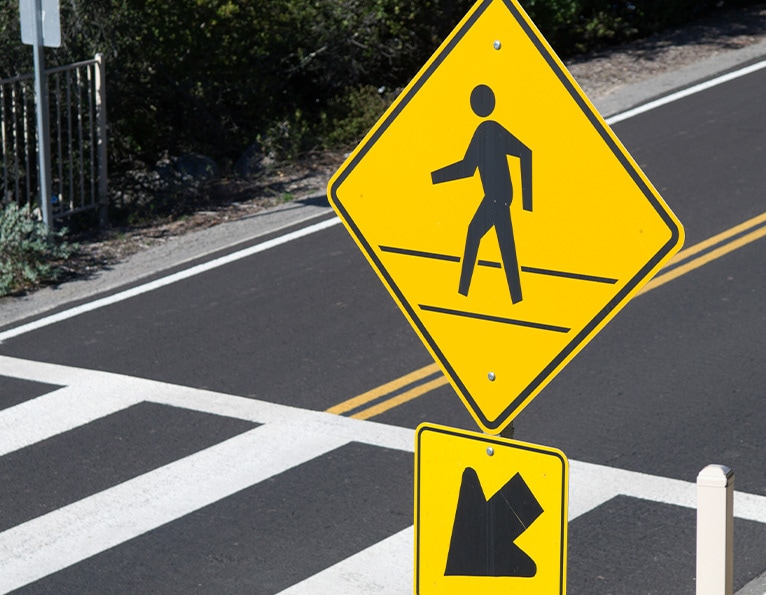
This course is intended to fill this void to ensure the continuity and consistency of pedestrian and traffic management services, and will provide individuals responsible for managing pedestrian traffic on public streets with the training they need for the safe and efficient movement of pedestrians as well as their own safety.
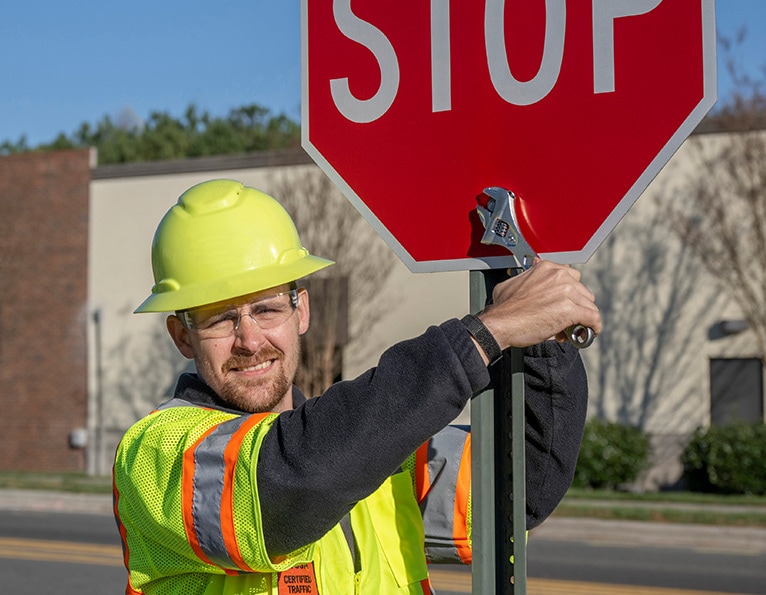
Courses related to roadway signage focuse on the fundamentals of traffic signing and the important role of sign technicians. Employees who are responsible for the installation, location and determination of appropriate roadway signing will find these courses educational.

Foundational course designed for engineering and planning professionals who regularly interface with traffic engineering and traffic signal systems. The course introduces several signals-related topics with practical application for each, including traffic flow, signals components, timing, safety, analysis tools, data and capacity.
Transfers & Cancellations
Find ATSSA policies on transfers and cancellations for training courses and exams.